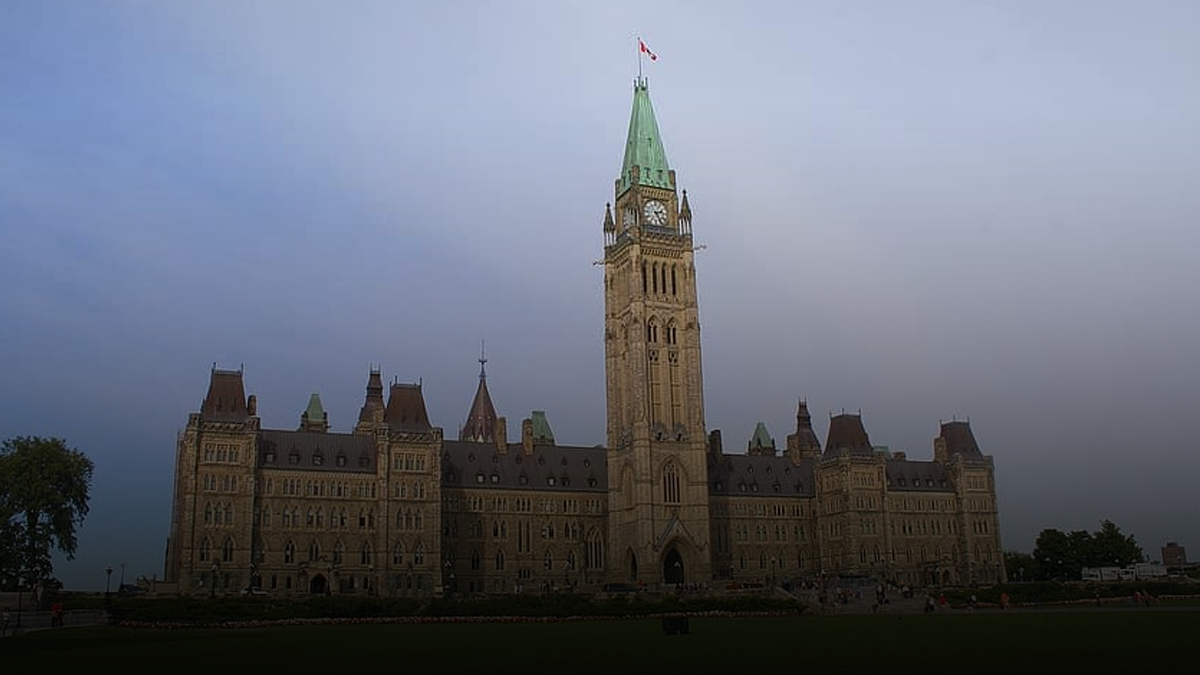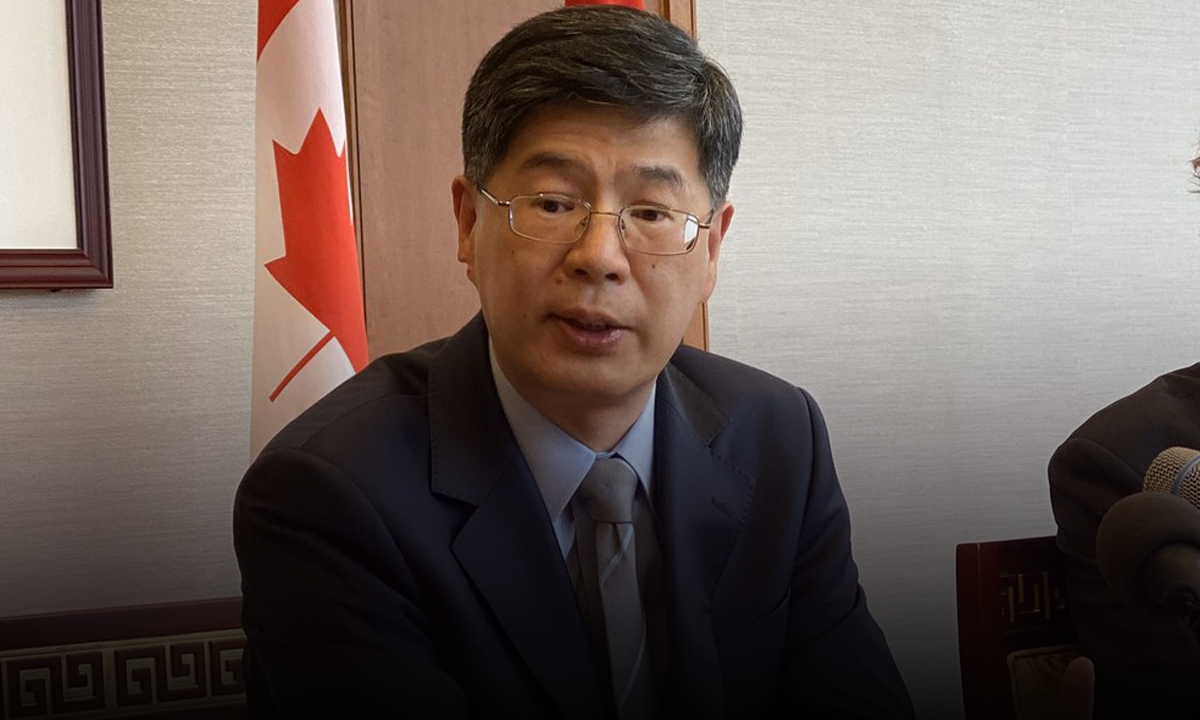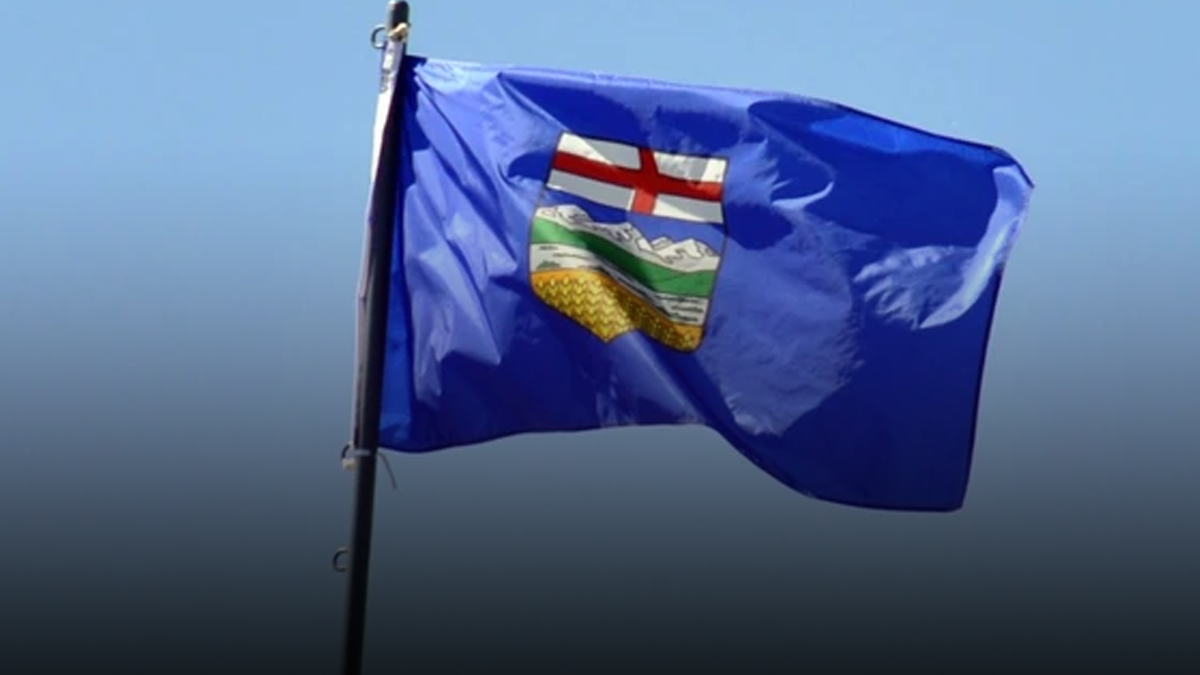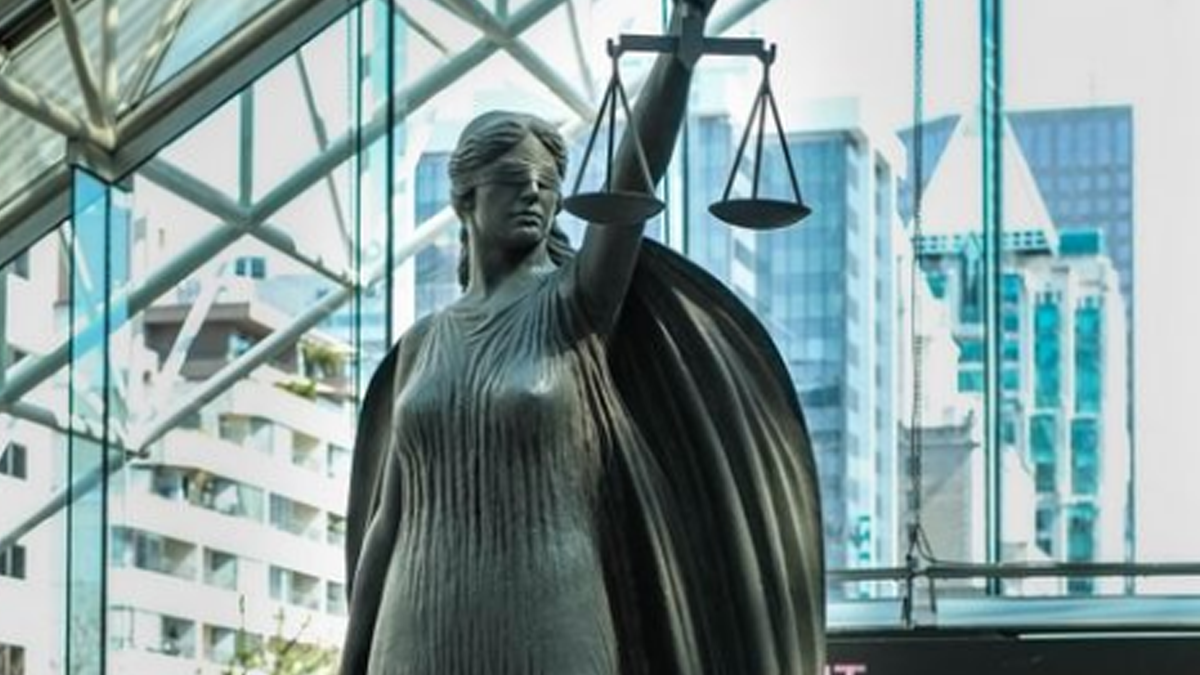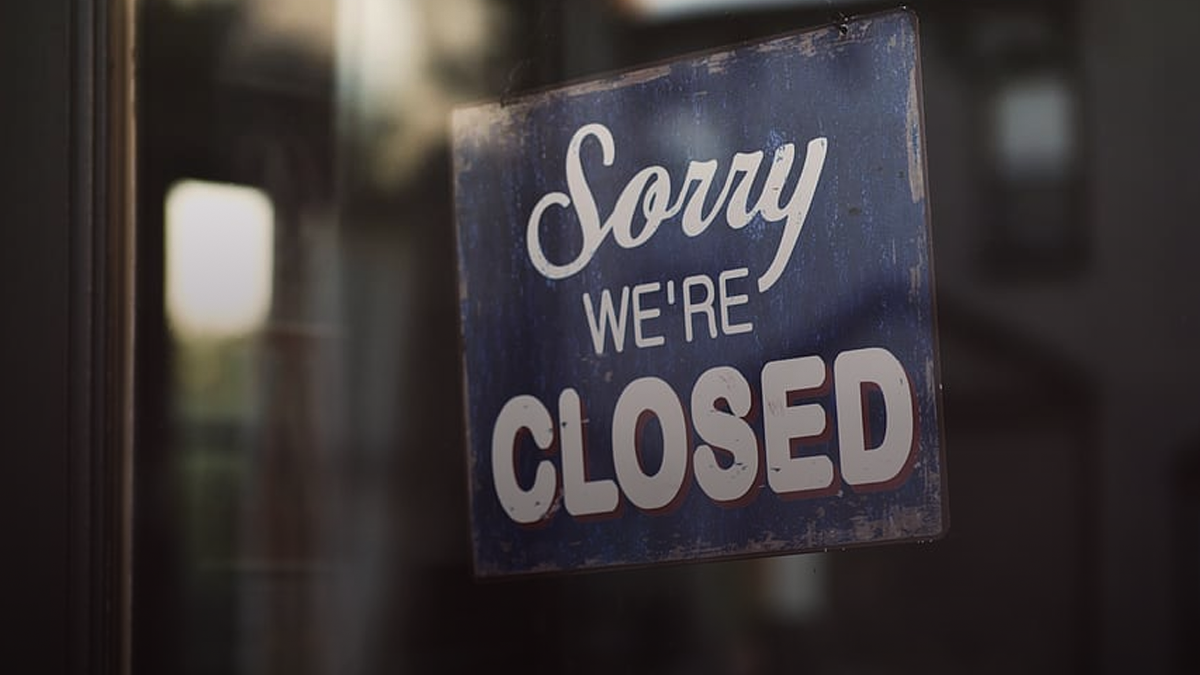The average federal employee received $115,000 in wages and benefits in 2019 according to the Parliamentary Budget Office.
Originally reported by Blacklock’s Reporter, the PBO released a report detailing how much federal employees cost the taxpayer on Thursday.
“In 2019 the average federal compensation per full-time equivalent (employee) was about $115,000,” including salary, bonuses and benefits.
“The government’s largest operating cost is its staff. Personnel spending accounts for roughly sixty percent of the federal government’s operating costs.”
The report revealed that between 2006 and 2019, federal labour costs increased by 3.5% annually on average, meanwhile the inflation rate during that same period was just 1.7%.
The total number of employees also increased from 335,000 to 369,000, an increase of around 10%.
“Over the past twelve years, growth in personnel spending was mainly due to higher spending per employee, not hiring growth,” said the report.
“Salaries and wages contributed the most to cost increases, but were not the fastest growing category.”
In 2015, it was estimated that government employees make between 18-37% more than private employees in similar positions. It was also found that government employees get more time off for personal reasons than private sector employees.
While the coronavirus pandemic and the ensuing recession put millions of Canadians out of work and threatened thousands of businesses, the public sector has seen increased wages and benefits.
Between March and May, a quarter of federal employees took paid leaves which cost taxpayers $439.3 million.
In July, it was announced that 94,000 federal employees would receive a 6.64% pay hike through a new collective bargaining agreement.
In September, it was revealed that the CRA’s 29,000 employees would receive a 10% pay hike next year.



